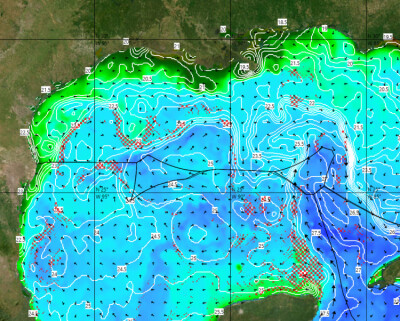Summer flounder that once amassed in North Carolina have gradually shifted about 140 miles to New Jersey—one facet of the northward migration of fish species that is upending traditional fishing patterns.
The move north has sparked debate among regulators over how to respond to changing natural resources that could affect commercial fisheries across the eastern seaboard.
For the first time, a group of researchers backed by the federal government is trying to ascertain what the northward movement means for fishermen’s income and way of life.
“Some fisherman will end up losing out and some will win big,” said Malin Pinsky, an assistant professor of ecology and evolution at Rutgers University, who is part of a team of scientists from Rutgers, Princeton University and Yale University studying the phenomenon.






